You wanna be the very best, like no one ever was? Then you’re gonna have to catch ‘em all. No way around it. But, catching every Pokémon is easier said than done, especially in modern Poké-titles. While Paldea is sprawling with tons of these little monsters, there are some that are just a little tougher to find than the rest.
If you’re curious about these elusive critters, make sure to read our list of the 10 rarest Pokémon found in Pokémon Scarlet and Violet.
The 10 rarest Pokémon in Pokémon Scarlet and Violet
Flabébé
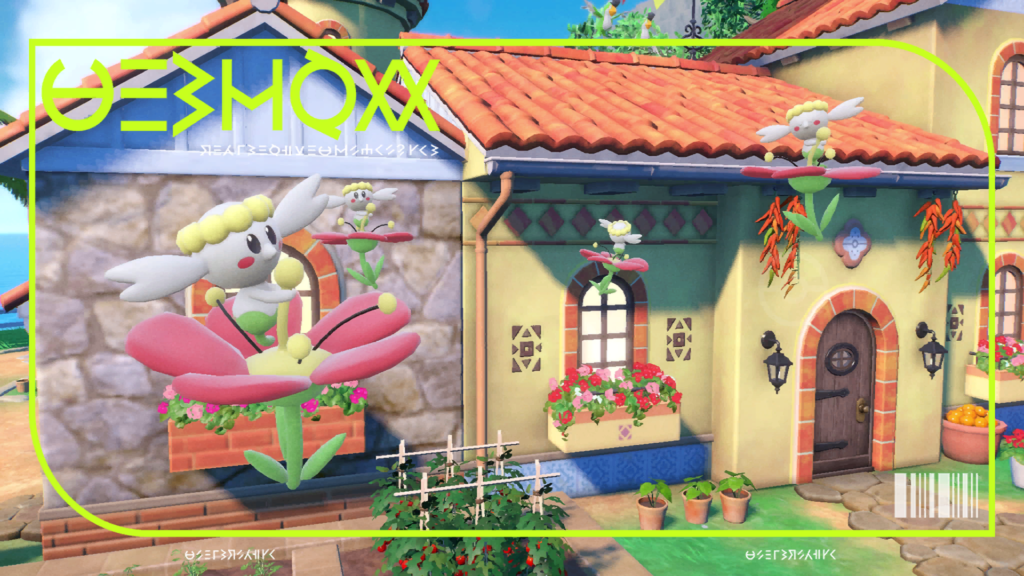
While not the rarest Pokémon on this list, Flabébé is definitely a pain to find and capture.
Flabébé can spawn with one of five different flower colors: red, yellow, blue, orange, and white, and the good news for Flabébé enthusiasts is each form has an equal chance of spawning, it’s just finding any of them easily is the issue.
That being said, if you want the best odds of coming across a Flabébé, simply make your way to South Province (Area One), South Province (Area Four), and West Province (Area One). They’re found across the flower patches in this area, so make sure to keep your eyes out for those.
Dratini
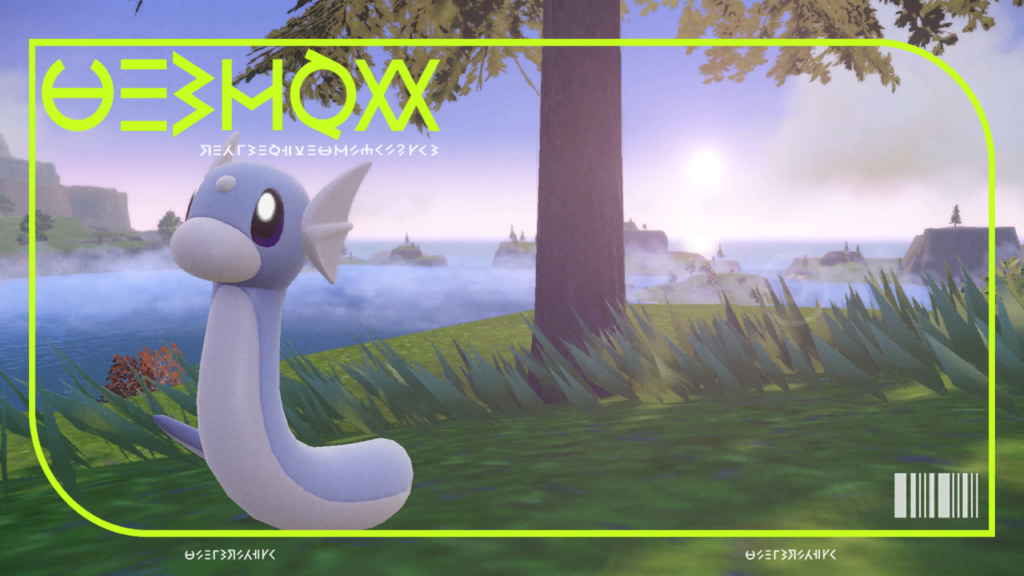
Remember back in the Gen I games and their Gen III remakes how tough it was to catch a Dratini, going through the whole Safari Zone ordeal? Well, it’s not as tough to get a Dratini in Gen IX, but we certainly can’t call the process an easy time either.
Dratini have relatively low spawn rates and appear in three areas in Paldea. The first is in an unnamed lake north of the North Province (Area Two) Pokémon Center. Swimming on top of the water’s surface here is how you will eventually encounter a Dratini.
The second location where you can find Dratini is in the massive Caseroya Lake of northwestern Paldea, where it might be even tougher to find one due to the area’s overwhelming size.
The third and last location is around the river and mountain springs of South Province (Area Six). Dratini’s final stage is the very strong pseudo-Legendary Dragonite, so finding this beast’s baby form will be well worth your time.
Maushold: Family of Three
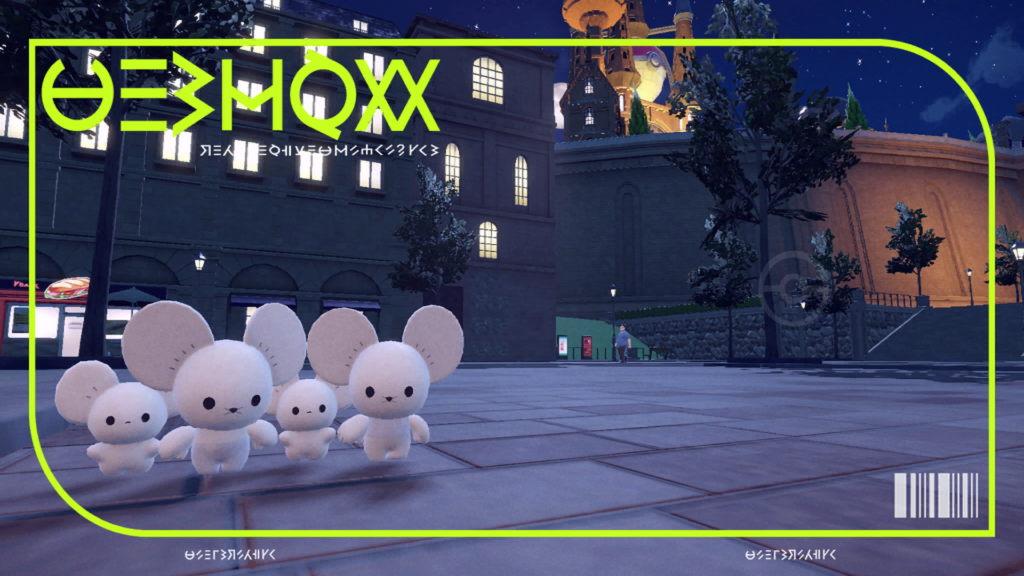
There’s no introduction needed for these little and little-er dudes; they’re all-time fan favorites and they’ve only been introduced in the current generation.
Released in Pokémon Scarlet and Violet, Maushold is the evolution of Tandemaus, a Pokémon that consists of a pair of mice. When Tandemaus usually evolves, it simply adds a pair of younger mice to the family. There is, however, a rarer version of this evolution that only adds a single young mouse called Maushold: Family of Three.
When Tandemaus evolves, there is a one in a hundred chance it evolves into the Family of Three form, so be prepared to catch and train a whole bunch of Maushold if you’re looking for a small and lovely family of mice.
Slakoth
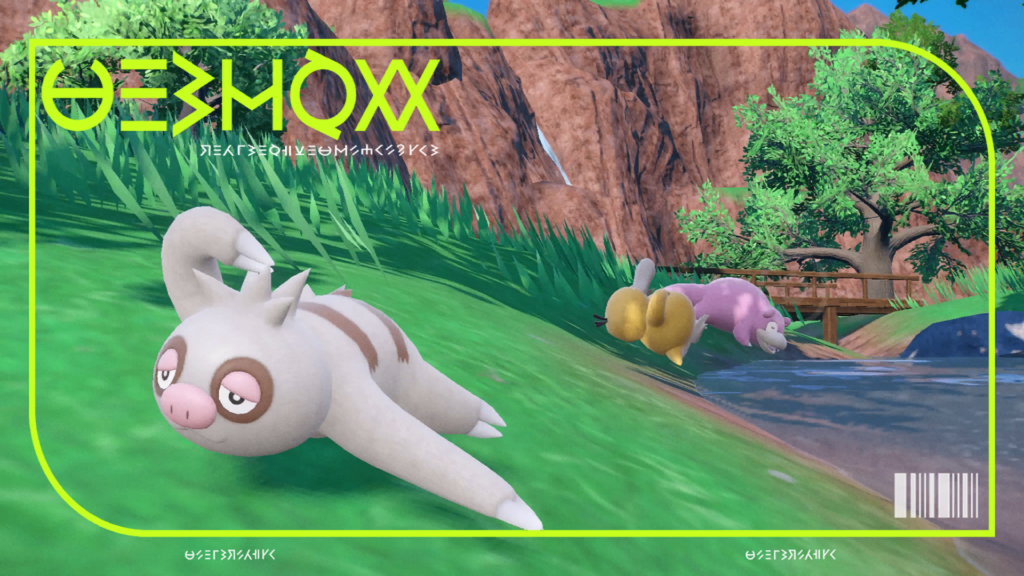
Now, this is a Pokémon we all can relate to: Slakoth. What, no? Just us?
Even though Slakoth was basically everywhere in Pokémon Ruby, Sapphire, and Emerald, such is definitely not the case with Pokémon Scarlet and Violet. Slakoth happens to be one of the rarest encounters in Pokémon Scarlet and Violet. It only appears in high locations such as trees and is incredibly hard to spot. Slakoth can be found in South Province in Areas One, Two, and Five if you’re setting off on a hunt.
Slakoth is so rare players have reported seeing one Slakoth after dozens of hours of play, while some claim they’ve never even seen one during their time playing.
Paldean Tauros (Blaze Breed and Aqua Breed)
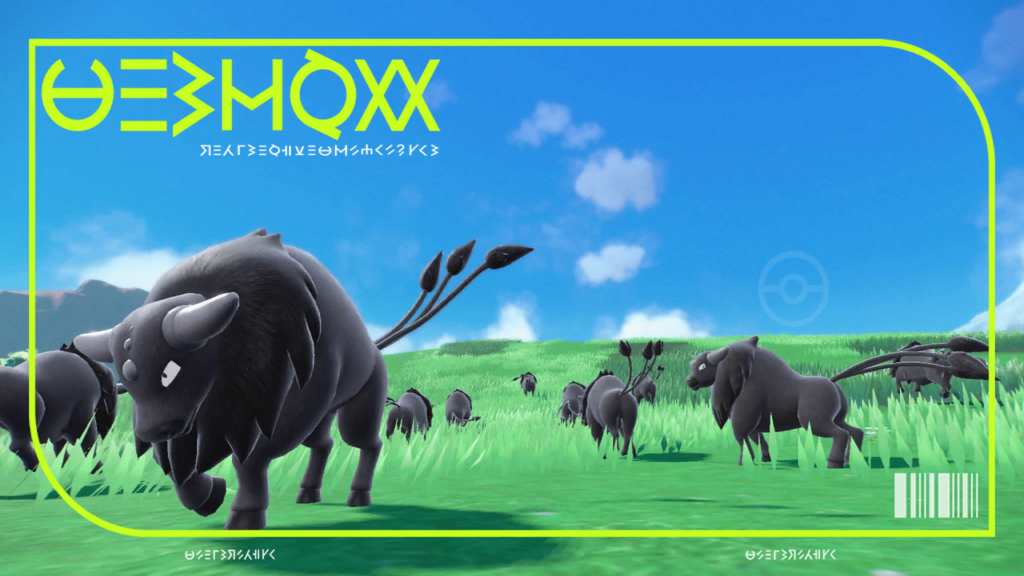
The new regional variant of Gen I’s most beloved bull Pokémon, Paldean Tauros, comes in three forms: Combat Breed, Blaze Breed, and Aqua Breed. While Combat Breed Paldean Tauros are pretty common, stampeding through the grassy fields of West and East Provinces in herds, it is the Blaze and Aqua Breeds that are much rarer.
The Blaze and Aqua Breeds of Paldea Tauros are tougher to come across, spawning only sometimes as one encounter in a whole pack of Paldean Tauros. Furthermore, these two forms are version exclusives, with Blaze Breed being exclusive to Pokémon Scarlet, and Aqua Breed being exclusive to Pokémon Violet.
Furthermore, the Blaze and Aqua Breeds for Paldean Tauros cannot be found in Mass Outbreaks. Even if the games show the icon for these forms in an outbreak, it will always turn out to be an outbreak of the Combat Breed instead.
Frigibax
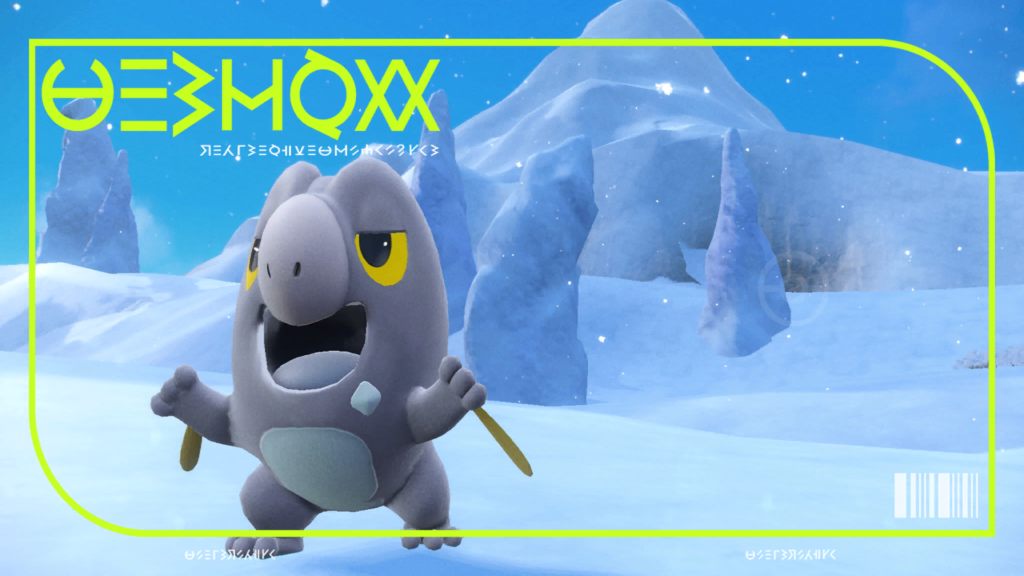
The baby stage of the pseudo-Legendary Pokémon line in Generation IX, Frigibax is a new addition to the expansive roster of Pokémon, and quite the rare one at that.
Just like its PokéDex entry mentions, you can locate Frigibax in caves and in areas of deep snow, and in this case, that would be in and around Glaseado Mountain.
While it is possible to find this tiny Dragon and Ice-type loitering about in Glaseado Mountain, it is a very rare spawn. Players have taken multiple trips around the area and haven’t managed to come across Frigibax. That being said, there is an easy way to acquire Frigibax—just like most other Pokémon—by simply eating foods that increase your Dragon encounters, making Frigibax more common across Glaseado Mountain.
Sinistea: Antique Form
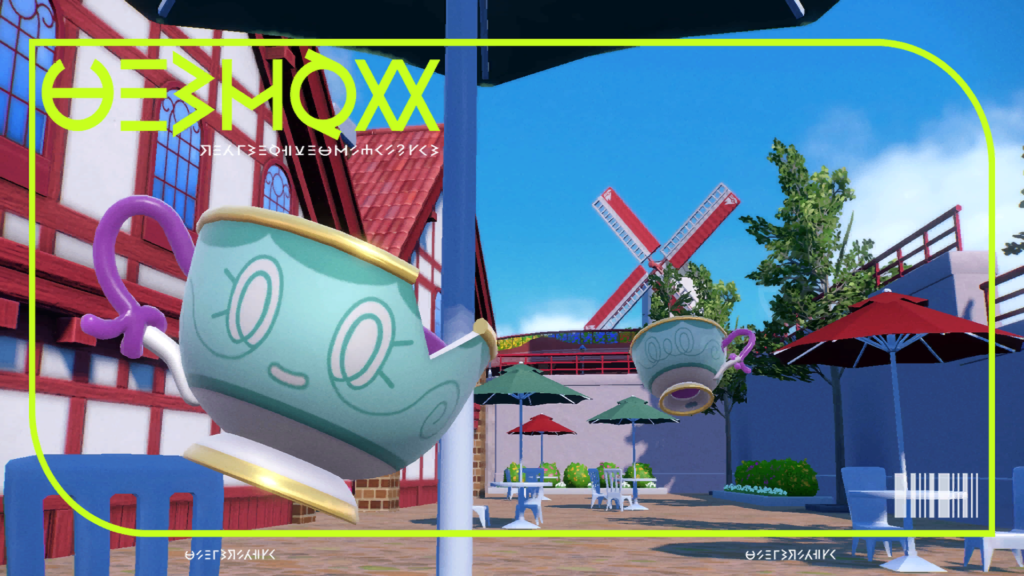
This is not the first time Sinistea’s Antique form has been one of the rarer Pokémon to encounter in a game; it was the same in its debut titles, Pokémon Sword and Shield.
While this possessed teacup’s Phony form is found in the fields outside Alfornada, its Antique form is much, much rarer in comparison, possessing a one percent chance to spawn as an Antique, its default being the Phony form. Similar to Dudunsparce and its Three-Segment variant, there is no way to increase the Antique’s form odds of appearing since Outbreaks and Sandwich Power all bring in its Phony form only.
Furthermore, it’s quite tough to tell the difference between the two forms of Sinistea, since the only difference is that the Antique form will have a tiny stamp on the bottom of its cup. This means that players need to wait next to Sinistea while moving their camera low enough to get a view of the bottom of this Pokémon to check if it carries the stamp or not.
Alternatively, you can go on a Sinistea-catching rampage and then check if they are compatible to evolve by using the Chipped Pot, as this is the item needed to evolve Sinistea’s Antique form.
Ditto
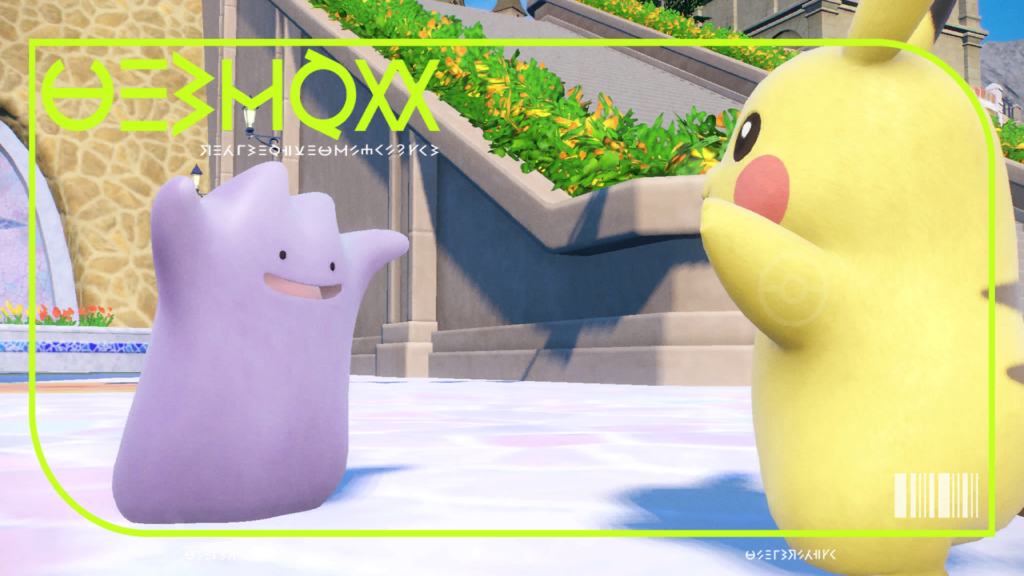
As players traverse the lands of Paldea on their Pokémon-hunting journey, they will come to realize not all Pokémon are really what they seem to be. Some may actually be other Pokémon in disguise, with Ditto being one of the rascals able to pull this off.
Ditto likes to appear at the most random of times, and if you are not willing to capture every single Pokémon you see to find out if it was a Ditto or not, then you might want to employ this simple trick: using the ZL button lets you target the closest Pokémon to you and display what they actually are beneath the surface.
This lets you easily identify which Pokémon is a Ditto, allowing you to save time by capturing only what you need to.
Zoroark
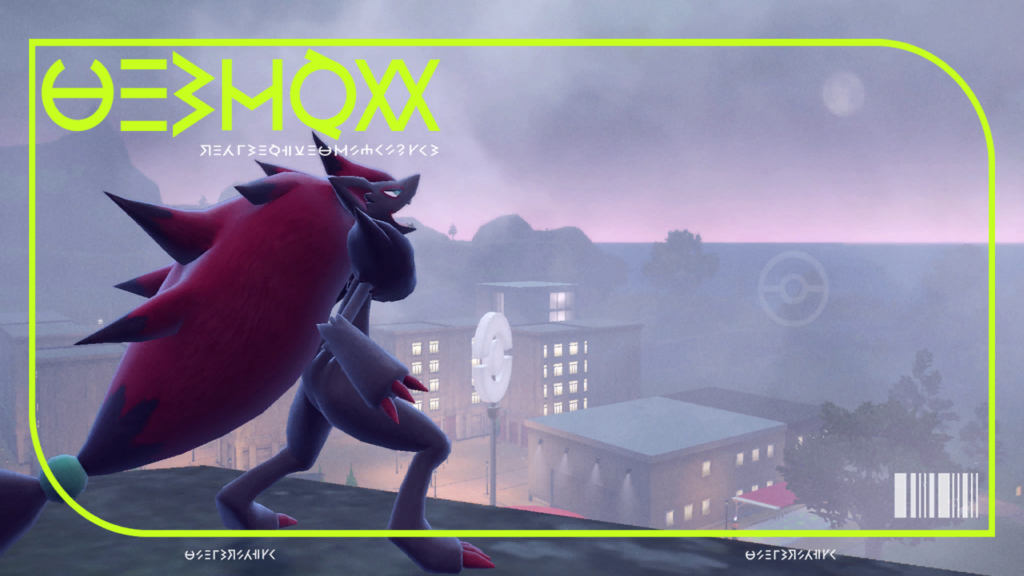
Just like the previous shape-shifting pink blob of an entry on this list, Zoroark also hides in plain sight by putting on a disguise of a different Pokémon, making your time finding one of these cunning foxes that much tougher.
Luckily for you, the same technique we detailed earlier for you to use to find Ditto easier also works on Zoroark. That’s right, simply press the ZL button to target the closest Pokémon around you and reveal its real form underneath. No need for any kind of senseless grinding.
Dudunsparce: Three-Segment
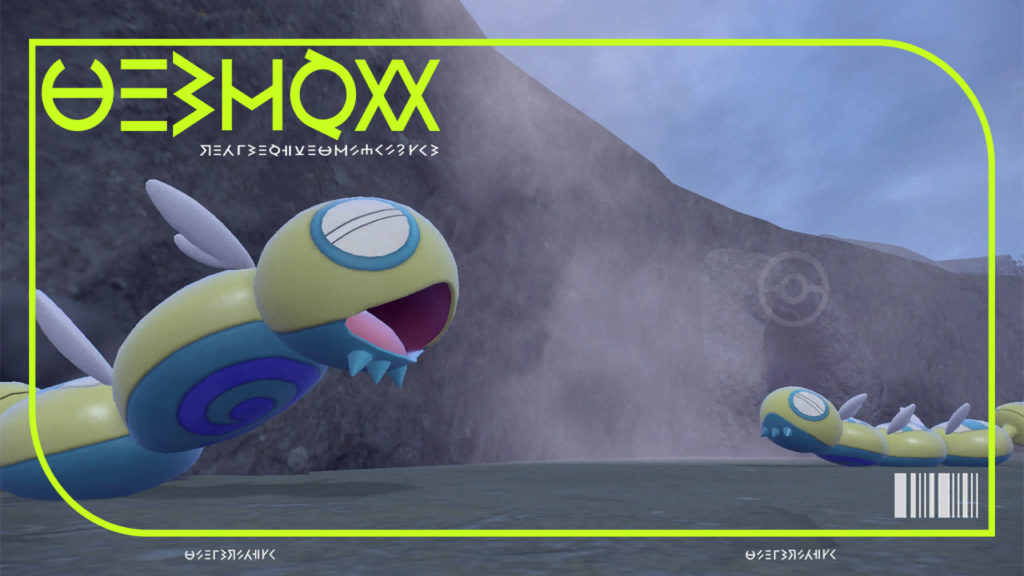
For years, players have pleaded to Game Freak for an evolution to Dunsparce, and the ideas and fan art for what its evolution would eventually look like were boundless and super-cool. And voila, Gen IX gave us what we asked for.
Its name is Dudunsparce, and it looks, um—like Dunsparce. But longer.
Clearly, Game Freak trolled the Pokémon community with this long-awaited evolution, but fear not, there’s a much rarer version of Dudunsparce, called Dudunsparce: Three-Segment. What cool differences does it possess? It’s even longer. A super-duper long Dunsparce, basically.
No matter how pissed you might be at Game Freak’s little prank, if you do want to find the rarer, three-segment form of Dudunsparce, you have a bit of work ahead of you.
While the two-segment Dudunsparce form is quite common, the three-segment form is significantly rarer. The form Dunsparce evolves into is based on its encryption constant, which is a value that is predetermined and cannot be changed, giving any Dunsparce a one in hundred chance to evolve into the three-segment form.
This is not the case for Dudunsparce encountered in the wild or through Tera Raid Battles, however, as these will always be found in the two-segment form.


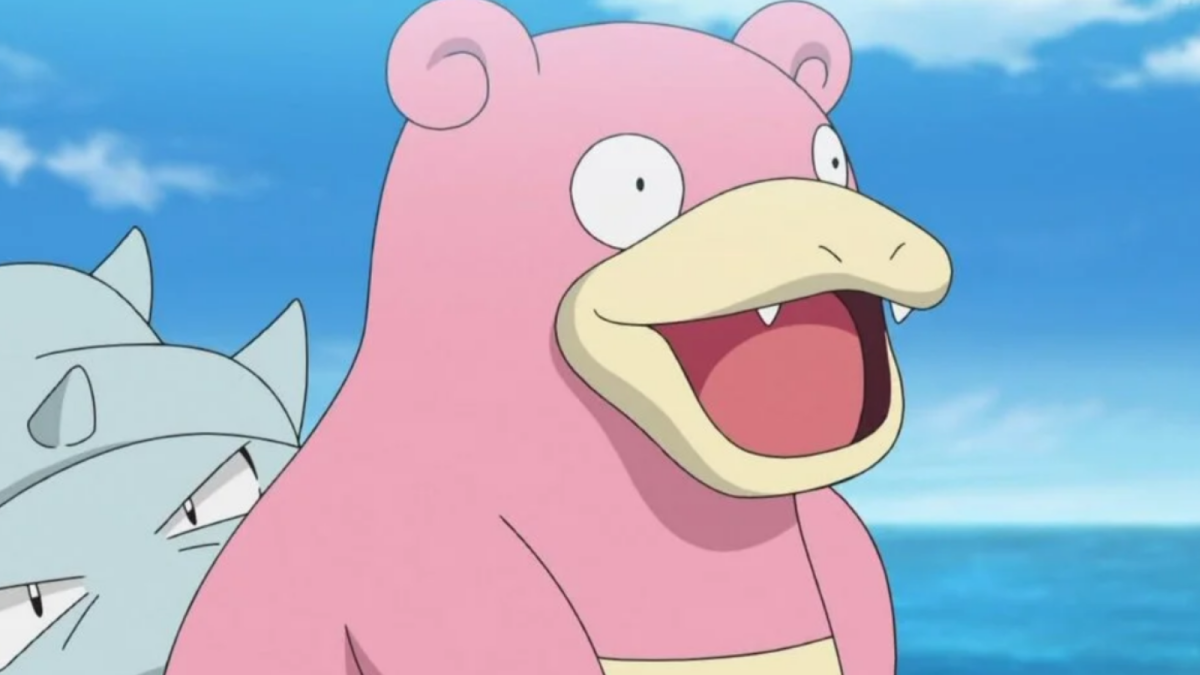
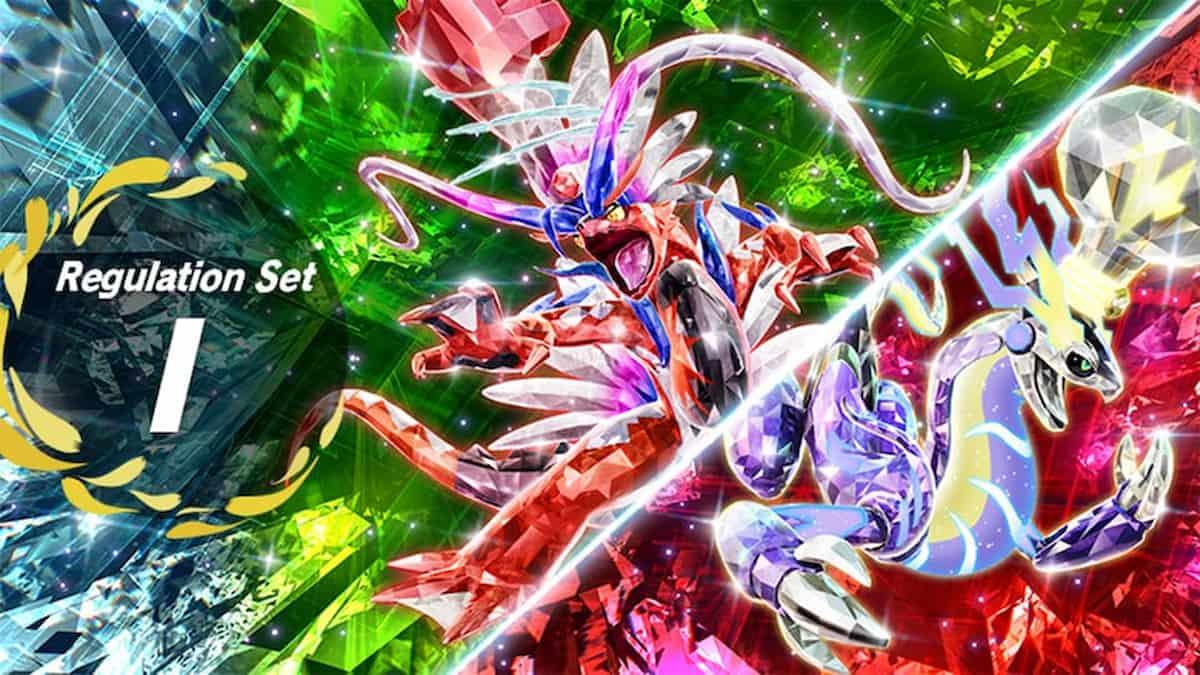

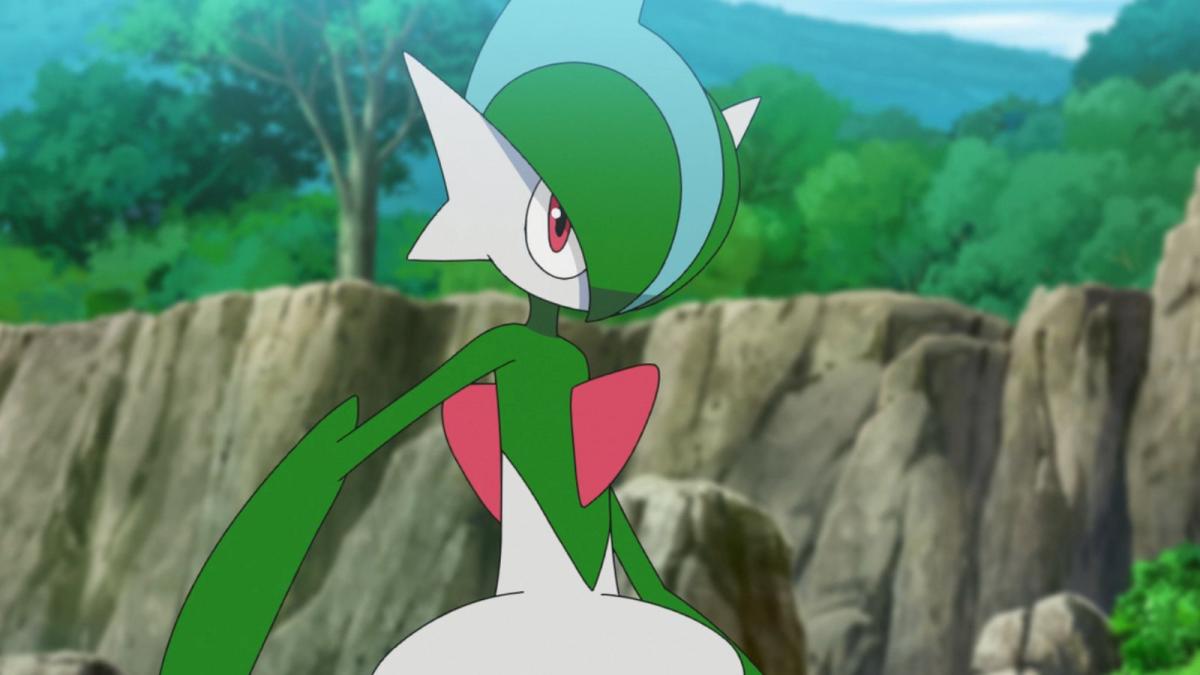

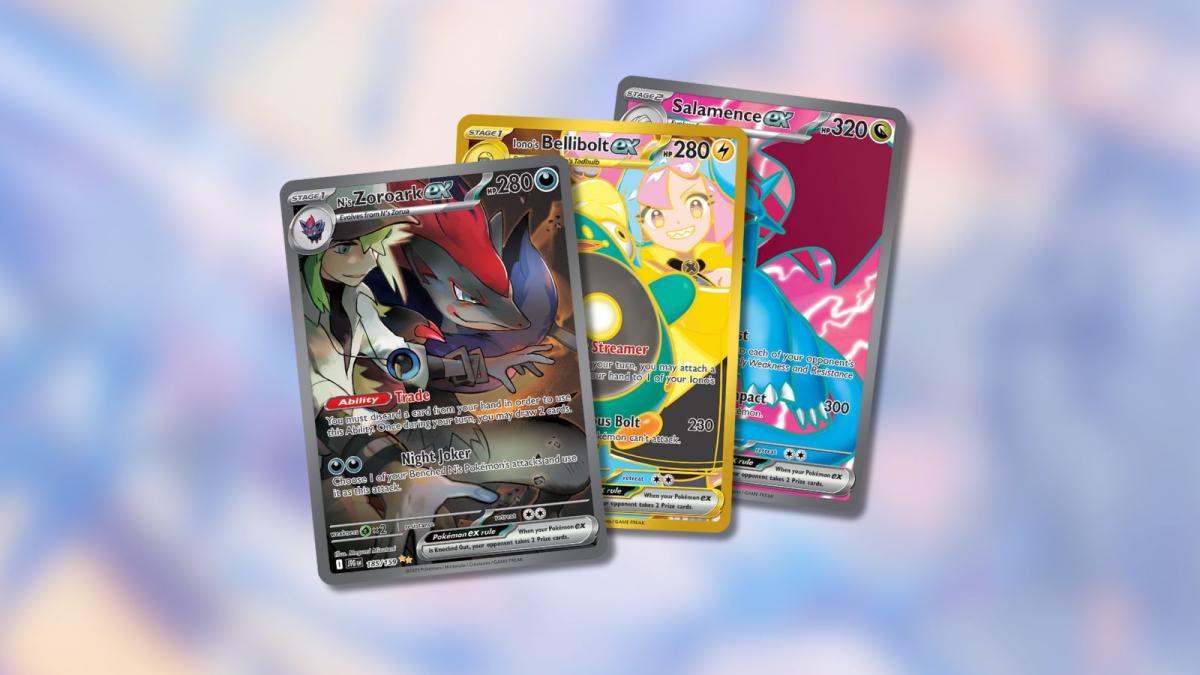
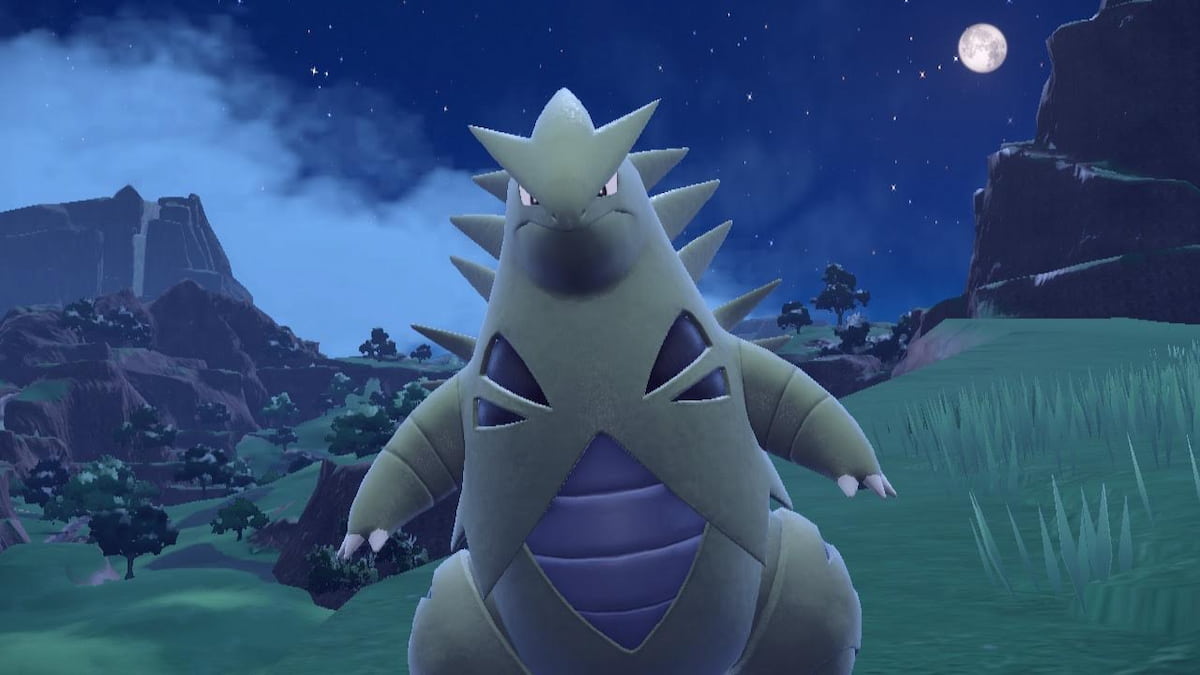
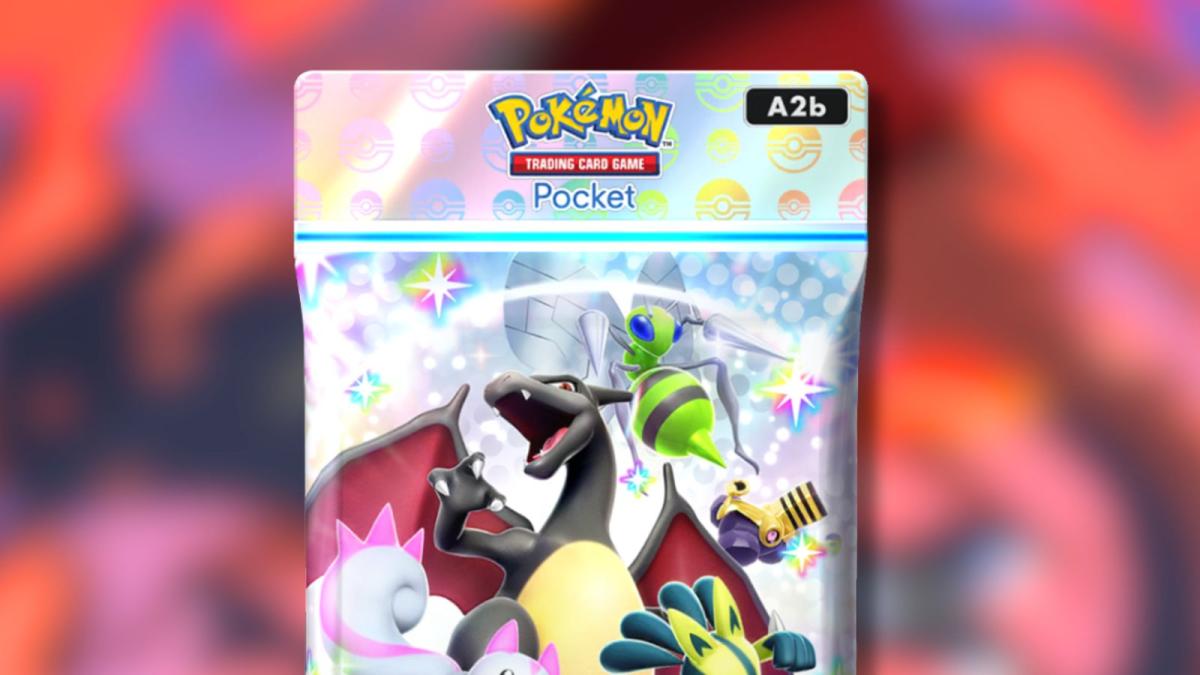
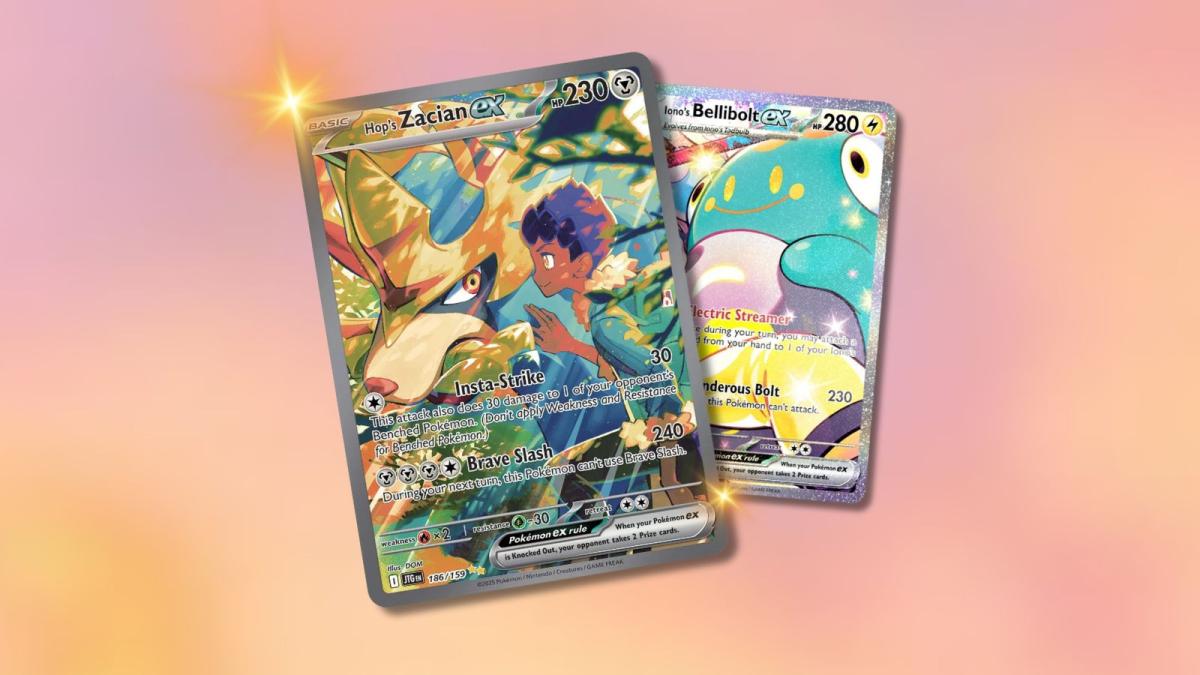
Published: Jan 29, 2023 10:27 pm